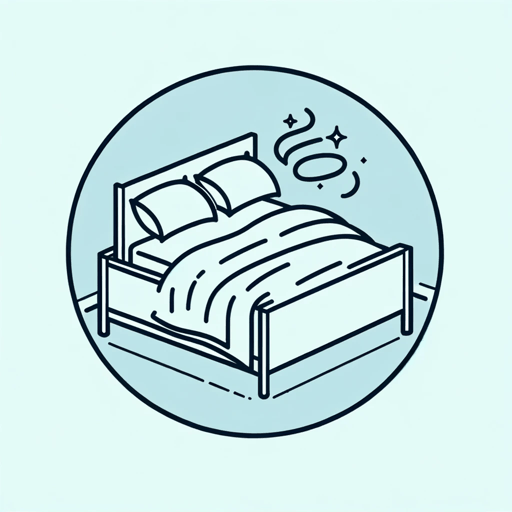30 pages • 1 hour read
William H. McravenMake Your Bed: Little Things That Can Change Your Life...and Maybe the World
Nonfiction | Book | Adult | Published in 2017A modern alternative to SparkNotes and CliffsNotes, SuperSummary offers high-quality Study Guides with detailed chapter summaries and analysis of major themes, characters, and more.
Background
Genre Context: Self-Help Literature
The 20th and 21st centuries have seen a proliferation of self-help books greater than any other era of publishing, but the idea of literature dedicated to self-knowledge and self-improvement is an established one, with roots in motivating philosophy, epistemology, and religious practice.
Philosophy—Greek for “love of wisdom”—is in large part a search for how to live correctly and well. An aphorism inscribed at the Temple of Apollo at Delphi: “Know thyself.” This oracular exhortation encourages facing inward, but mostly to have a foundation for understanding what we owe to our society. Most of the practice of philosophy is oriented toward understanding the world in a better and more practical way. Thus, many philosophers—from ancient Greeks like Socrates and Aristotle, to Early Modern scholars like Boethius, St. Augustine, and Thomas Aquinas—have all written about human action and ethics.
Religion too has concerned itself intimately with what it means to live a good life. The Hebrew Bible, or Old Testament, has an entire genre commonly known as the Wisdom Literature—composed of books like Proverbs, Job, and Ecclesiastes—that asks questions about the meaning of life and how this meaning should guide decisions if the ultimate goal is to live a life that would be considered good, a life worth living.
Featured Collections
Books About Leadership
View Collection
Books that Feature the Theme of...
View Collection
Memorial Day Reads
View Collection
Military Reads
View Collection
New York Times Best Sellers
View Collection
Psychology
View Collection
Self-Help Books
View Collection
Teams & Gangs
View Collection

